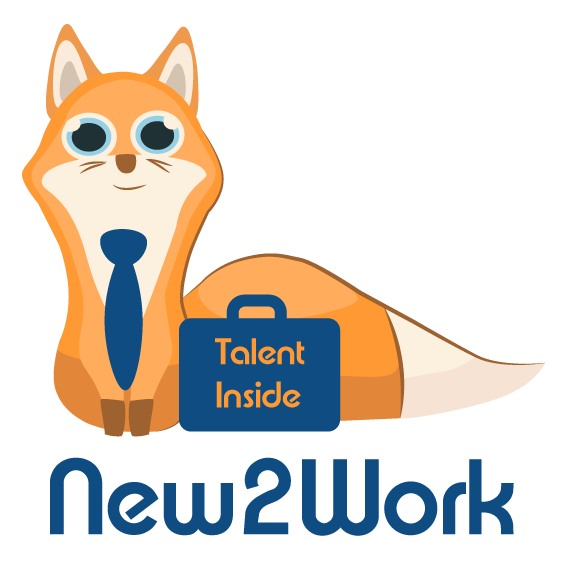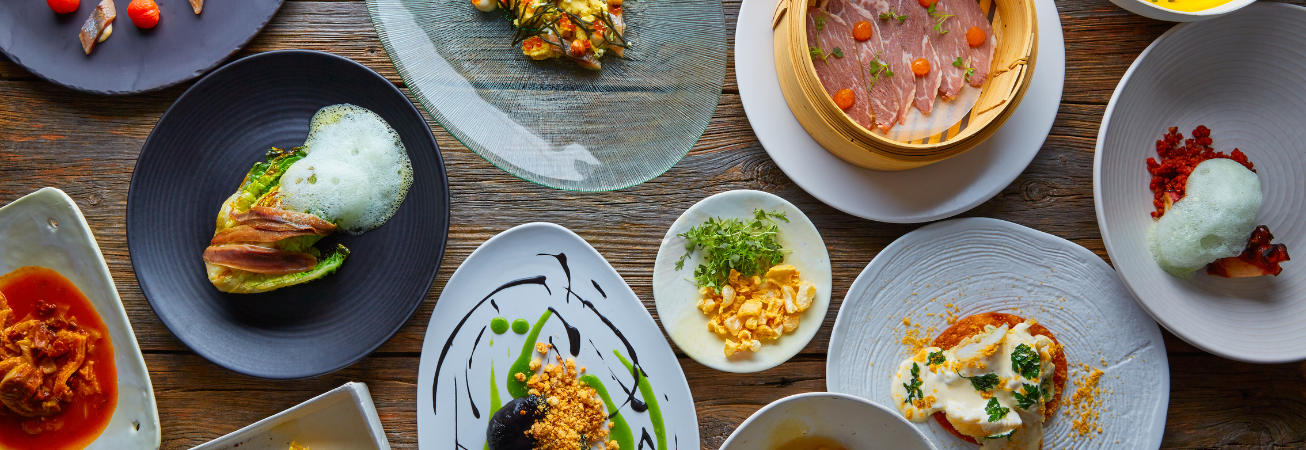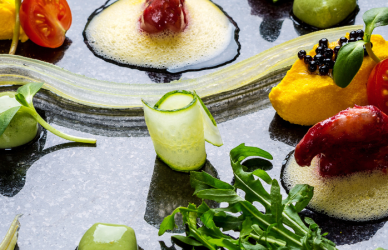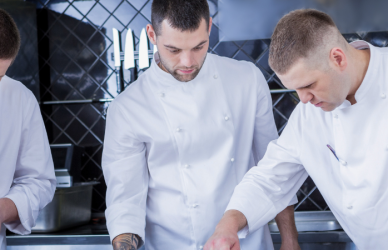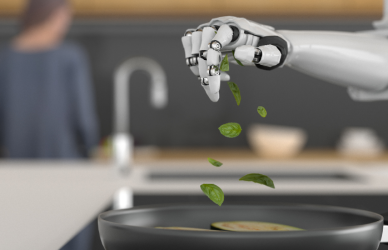In Germany, lunch is more than a break—it’s a daily ritual that blends efficiency, wellness, and networking. The business lunch, or Geschäftsessen, plays a key role in corporate culture, from sealing deals to maintaining team morale. But just like the modern workplace, business gastronomy in Germany is evolving.
Today’s professionals are moving away from heavy midday meals and toward balanced, fast, and sustainable dining options—whether at upscale restaurants, smart canteens, or co-working cafés. In this blog, we explore how lunch in Germany is adapting to the demands of the 21st-century workforce.
A Tradition of Business Dining
Historically, business lunches in Germany followed clear rules: a reservation at a formal restaurant, multiple courses, and polite conversation over wine. These meals were often used to build trust and close important deals—especially in industries like finance, law, or manufacturing.
While such formalities still exist, particularly in executive circles, a new wave of business lunch habits is emerging—one that emphasizes speed, health, flexibility, and tech integration.
Where Professionals Eat Today
H3: Express Lunch Menus in Urban Centers
In cities like Frankfurt, Munich, and Berlin, restaurants have adapted with lunch menus designed for efficiency. These often include:
- Two-course or bowl-style meals
- Ready in under 30 minutes
- Priced under €15
- Seasonal ingredients, often with vegan or vegetarian options
Popular examples:
- Bento bowls with salmon and quinoa
- Soup + salad combos with fresh bread
- Italian pastas with light sauces and mineral water
Company Canteens Get a Digital Makeover
Corporate cafeterias (Kantinen) are also evolving. Modern German firms now offer:
- Digital ordering apps with customizable menus
- Nutritional transparency and allergen info
- Meatless Monday initiatives
- Reusable containers to reduce packaging waste
Some large companies even bring in local chefs or partner with organic farms to elevate lunch quality and employee satisfaction.
The Influence of Slow Food & Sustainability
While speed and productivity matter, the Slow Food movement—which originated in Europe—has also made its mark on German business dining. Many professionals now value:
- Locally sourced ingredients
- Mindful eating to reduce stress
- Lower environmental impact from food choices
Cafés and restaurants that align with these values often attract loyal business clientele, especially in industries related to tech, sustainability, or creative fields.
Lunch as a Networking Opportunity
Whether it’s a lunch meeting with a client or a quick bite with a colleague, the midday meal remains an essential networking tool. It’s considered:
- A more relaxed setting for negotiation
- A neutral ground for feedback or team bonding
- A polite way to celebrate achievements
Pro tip: In German business culture, splitting the bill is common unless one party is clearly hosting. Also, alcohol during lunch is increasingly rare, replaced by mineral water, juice spritzers, or even matcha lattes.
Remote Work and the Rise of Delivery Lunches
With remote work still common in Germany, the business lunch has entered the home office. Delivery platforms like Wolt, Lieferando, and Too Good To Go offer healthy, office-friendly meals that support local restaurants.
Additionally, some companies offer meal vouchers or “Lunch Pass” cards for employees working remotely—keeping the tradition of lunch support alive, even outside the office walls.
Conclusion
From formal lunches at traditional restaurants to smart canteens and plant-based bowls eaten between Zoom calls, business lunch culture in Germany is undergoing a dynamic transformation. It reflects broader shifts in how Germans work, eat, and value their time.
In this new era, the business lunch is no longer about luxury—it’s about balance, flexibility, and well-being. For professionals and food businesses alike, adapting to this evolving culture is no longer optional—it’s a recipe for success.
